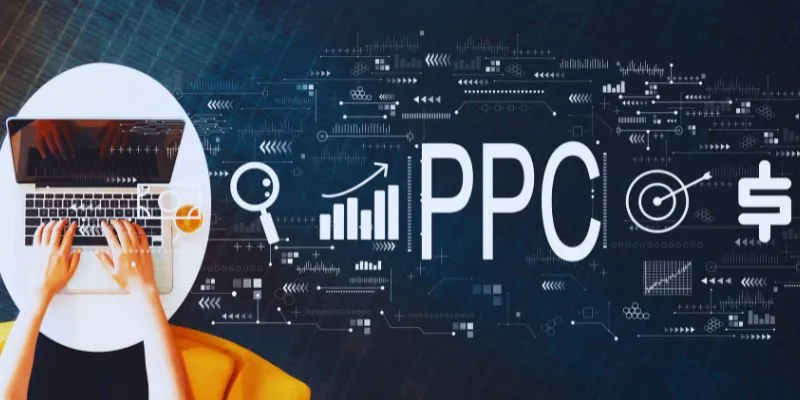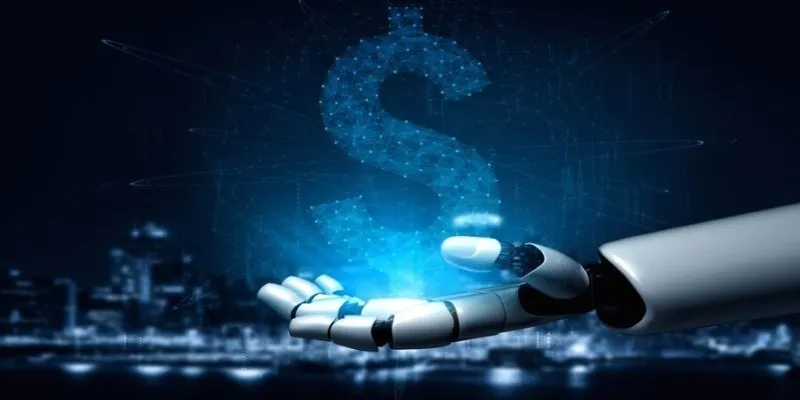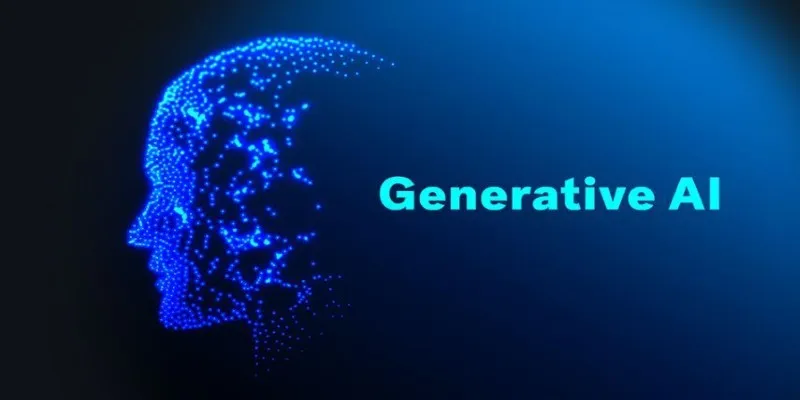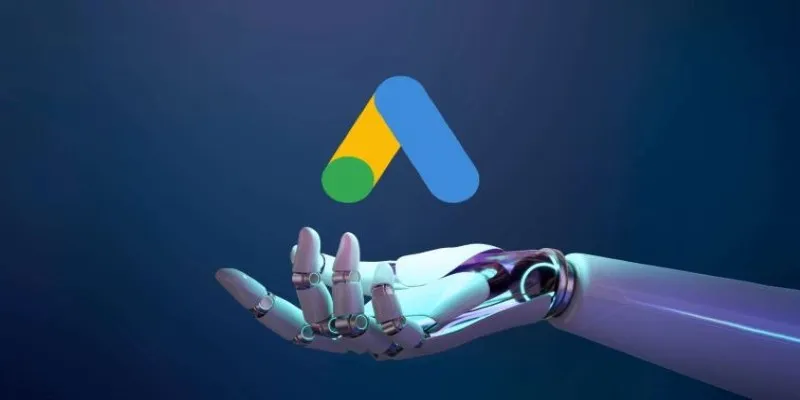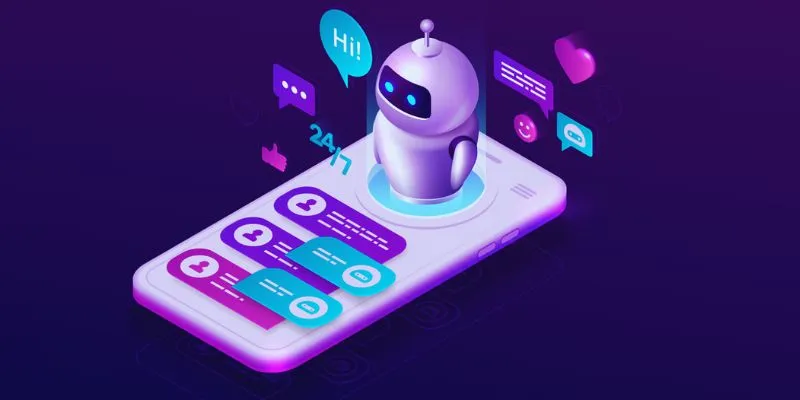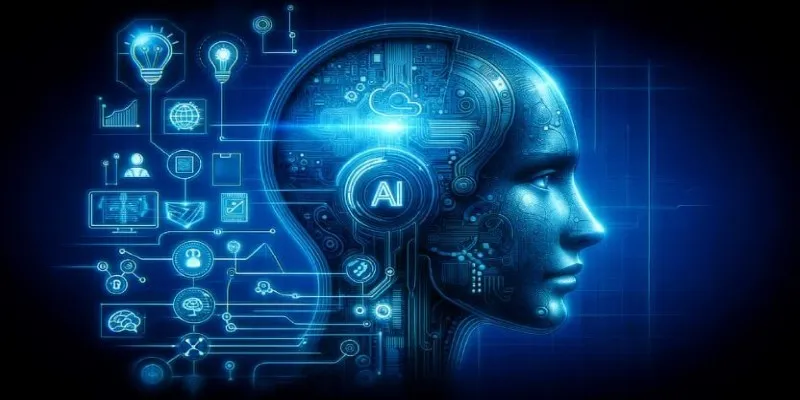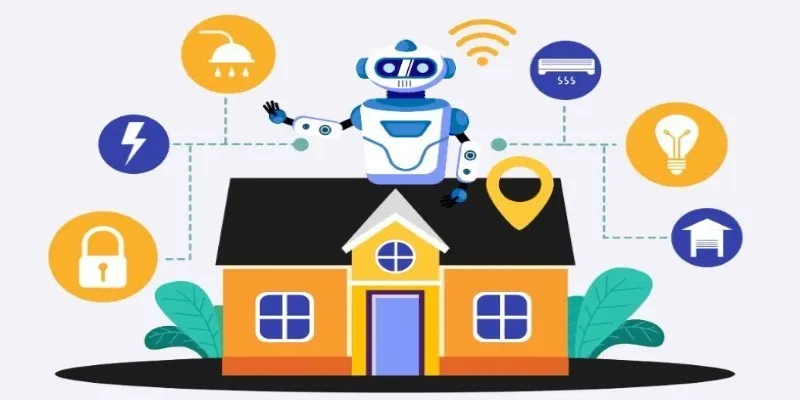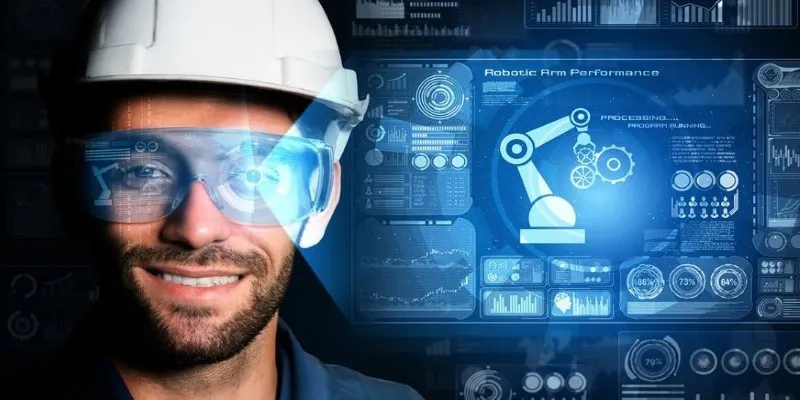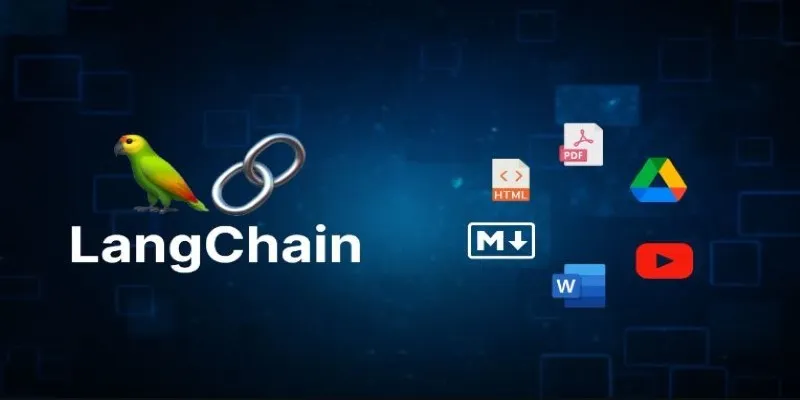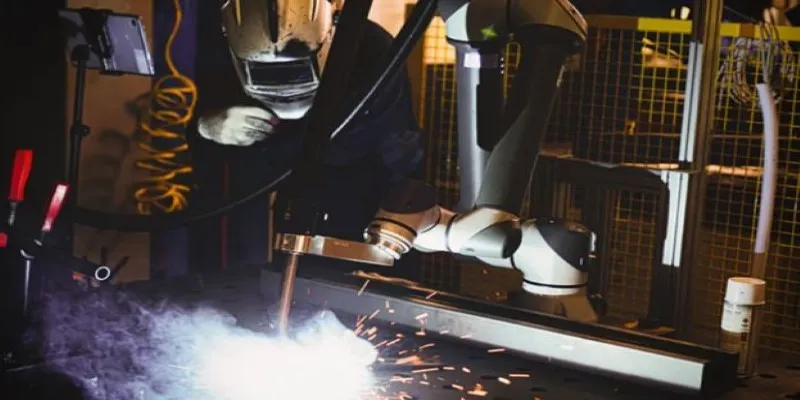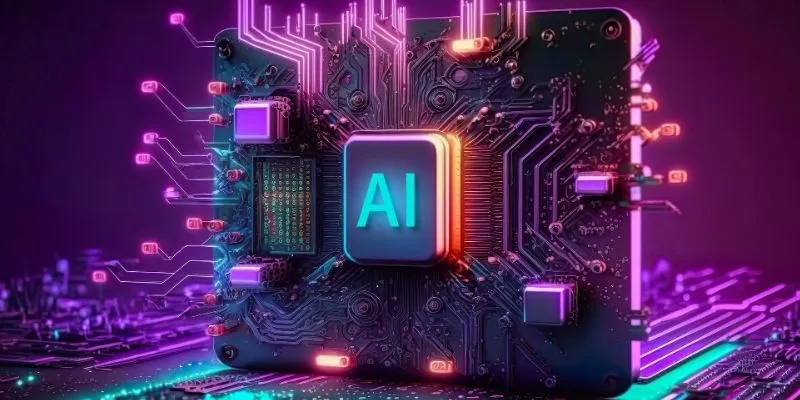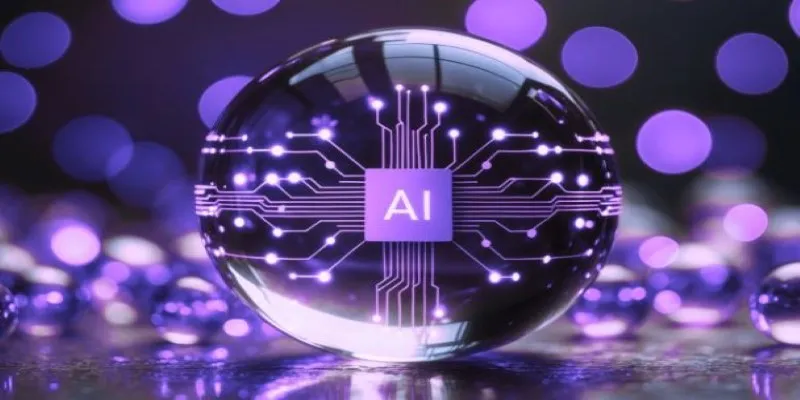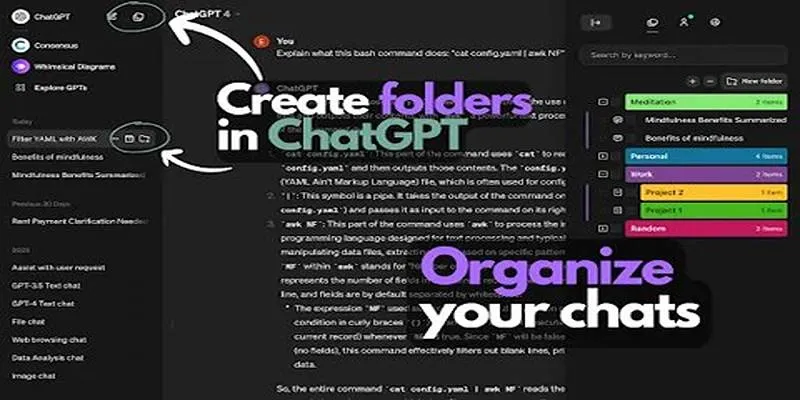In today’s fast-paced world, professionals often struggle to keep up with the constant flow of information. Traditional learning methods can be overwhelming and time-consuming. Enter microlearning with AI: a more efficient, adaptable approach that delivers content in small, easily digestible chunks. This method allows professionals to learn at their own pace, fitting knowledge acquisition into their busy schedules.
AI enhances microlearning by personalizing the learning experience and adapting to individual needs and preferences. Together, they provide a flexible and efficient way for professionals to stay relevant and continuously improve, revolutionizing how we learn in the modern workplace.
The Power of Microlearning
Microlearning has become very popular in recent years, particularly in workplaces. The concept is straightforward: take big topics and divide them into bite-sized, targeted sessions that can be digested in a few minutes. These bite-sized pieces of content are absorbed at the learner’s own pace, frequently in the form of videos, quizzes, or interactive modules.
This approach to learning has several important advantages for professionals. Above all, it enables them to integrate learning into their hectic lifestyles. Whether it’s on a coffee break, during their commute, or between meetings, microlearning makes it convenient for professionals to remain current with industry trends, new competencies, and emerging technologies without committing hours at a time.
One other major benefit of microlearning is that it helps improve retention. Research has demonstrated that more frequent, shorter learning sessions result in improved long-term retention compared to other methods. Microlearning enables individuals to review essential concepts on a regular basis, reinforcing knowledge and making it stick.
How AI Enhances Microlearning?
AI improves microlearning by offering a highly adaptive and personalized learning experience. Since it can monitor a learner’s progress in real-time, AI is capable of analyzing strengths and weaknesses and adjusting content accordingly to fit individual requirements. This prevents learners from ever getting overwhelmed or lagging behind since the content will adjust to their pace and level of understanding.
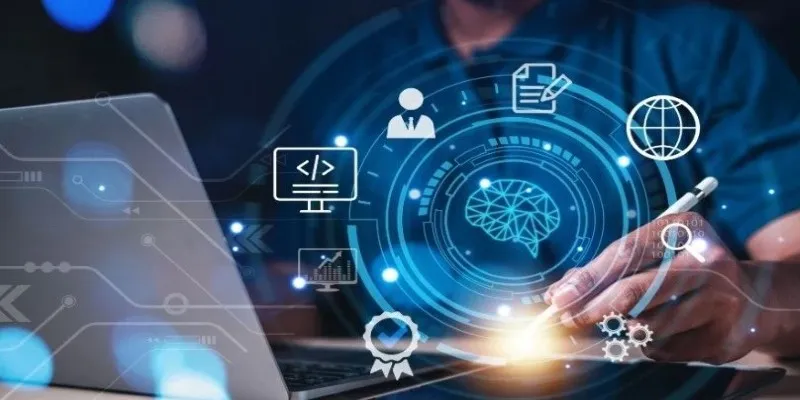
AI-powered microlearning platforms take personalization further by recommending lessons based on past interactions, ensuring the learner engages with relevant content. For instance, if a professional is struggling with a specific concept, the AI can suggest additional resources or practice exercises tailored to that topic, promoting mastery before moving on. This approach maximizes efficiency, focusing on areas that require attention so that learning becomes more effective and goal-oriented.
Moreover, AI can automate time-consuming administrative tasks, such as grading quizzes, tracking learner progress, or managing content updates. By taking care of these administrative functions, AI frees up time for both learners and instructors to focus on what truly matters: meaningful learning experiences. This streamlining of administrative work allows the platform to provide a more seamless and engaging learning journey for professionals. Ultimately, AI optimizes the learning process, making microlearning an even more powerful tool for career development.
Accessibility and Flexibility in Professional Development
One of the most compelling advantages of microlearning with AI is its accessibility. Unlike traditional education, which often requires fixed schedules and specific locations, microlearning can be accessed at any time, from anywhere. This is especially valuable for professionals with busy, unpredictable schedules or those working across different time zones. Whether during a lunch break or in between meetings, they can engage in learning sessions whenever it’s most convenient.
AI further enhances accessibility by offering content in multiple formats—text, audio, and video—catering to different learning styles. This multimodal approach ensures that learners can choose how they prefer to absorb information, increasing engagement and retention. Whether someone learns best through listening, reading, or watching, AI adapts the content to suit their needs.
Additionally, AI-powered platforms offer instant feedback, providing learners with real-time assessments of their understanding. This immediate feedback loop allows professionals to quickly identify areas they may need to review, correct mistakes, and progress with confidence. Through interactive elements like quizzes or simulations, learners can gauge their progress continuously and adjust their approach as needed, creating a dynamic and personalized learning experience. This flexibility and responsiveness make microlearning with AI a powerful tool for professional development.
Enhancing Workplace Performance with Microlearning
The primary goal of professional development is to enhance workplace performance, and microlearning with AI plays a key role in achieving this. By offering real-time, context-specific learning opportunities, AI ensures that professionals can quickly access relevant information when they need it most. For example, a sales professional might use microlearning to access quick tutorials on handling customer objections during a client call. At the same time, an engineer could review a tutorial on new equipment before using it in the field.

This “just-in-time” learning is particularly valuable in fast-paced environments where professionals need to quickly adapt to new tools, technologies, or procedures. Instead of waiting for lengthy training sessions or sifting through outdated resources, employees can immediately access the specific content they need, boosting productivity and confidence.
Moreover, AI enables organizations to track the effectiveness of their microlearning programs. By analyzing engagement data and measuring how well employees perform after completing modules, companies can gain insights into the impact of their training efforts. This data-driven approach allows organizations to refine their learning strategies, ensuring continuous improvement in both the learning experience and workplace performance. Ultimately, AI-driven microlearning provides a more dynamic and responsive method of professional development that directly enhances job performance.
Conclusion
Microlearning with AI offers a game-changing approach to professional development, allowing individuals to learn efficiently and on their terms. By breaking down content into bite-sized chunks and personalizing the learning experience, AI ensures that professionals stay engaged and retain knowledge more effectively. This flexibility, combined with the ability to access learning anytime and anywhere, makes it easier for professionals to enhance their skills and performance. As AI technology continues to evolve, microlearning will only become more advanced, providing even greater opportunities for personalized, on-demand education in the workplace. The future of learning is here.
 zfn9
zfn9



